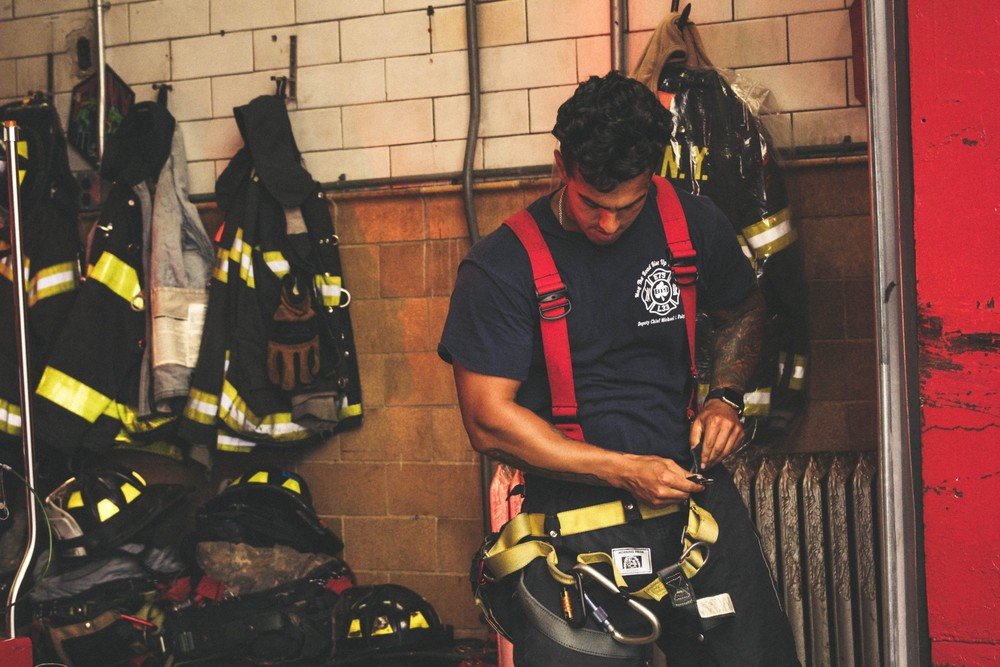QUESTION: “What are the costs associated with using validated assessments in public safety hiring?”
ANSWER: “Always cheaper than a lawsuit!”
Selection tests, pre-employment assessment, and promotional exams are a key part of the public safety world, helping to ensure that the best candidates make it into the right jobs. But, it is not uncommon for public safety hiring practices to be called into question. There are several landmark court cases surrounding discrimination in hiring or testing that prove that point. Each year, millions and millions of dollars are spent defending or rectifying these occurrences. It is vital that steps are taken to avoid even the appearance of discrimination.
These four mistakes in public safety testing are some of the most common oversights made by human resources and public safety personnel. It is imperative that those responsible for hiring and promotional processes stay vigilant and aware of their legal responsibilities throughout the hiring and promotional process.
# 1: Failing to validate the written test to a current job description for public safety hiring
Test questions must be related to the job description, often based on job analysis. This is one of the biggest mistakes that hiring officials make and is a frequent reason for public safety testing lawsuits. The test must either measure critical skills and abilities necessary for the job, or must predict which candidates will be most successful on the job (predictive validity). At the very least, the most important skills should be reflected on the test.
The United States filed a lawsuit against the City of New York in 2007 for unfair public safety hiring practices. The United States alleged that the examinations that the City used for hiring its firefighters was not an adequate method for determining whether an applicant qualified for the position or not. In this case, Judge Nicholas G. Garaufis ruled in favor of the United States. He determined that the City was in violation of Title VII and the written examinations that were used excluded certain minorities like Black and Hispanic candidates and were not job-related.
# 2: Failing to include job-related practices that mitigate adverse impact
The City of New Haven, Connecticut, found itself in hot water in 2003, when seeking to fill 15 supervisory positions for it fire department. The test consisted of an oral and a written exam. There were 118 firefighters who took the test. When the test scores were calculated, there was a distinct racial bias. The White applicants passed the test at a rate that was twice that of the Black applicants – far more than the four-fifths rule which serves as a guidelines. During the court case, it was determined that the fire department was guilty of disparate-impact discrimination.
Simply put, disparate impact discrimination occurs when hiring practice rules or tests show a distinct slant toward one race. In this case it was asserted that the test and ranking was structured in such a way that it eliminated any Black or Hispanic applicants.
# 3: Failing to use a locally-validated, job-related Physical Ability Test (PAT)
Of all of the selection practices administered by public safety departments, the physical ability test, or PAT, is most likely to have the highest failure rate to females. It’s imperative that the PAT measures the critical physical skills that a police officer must possess on day one. Those departments that utilize work-sample PATs rather than fitness tests tend to have more success in court as it is easier to demonstrate job-relatedness to a PAT that measures specific, critical job duties than a fitness test that requires candidates to run a mile-and-one-half or complete a number of pushups and sit-ups.
# 4: Failing to use a structured interview with trained raters
A study was conducted analyzing the occurrence of litigation across the different tests included in most entry-level recruitments for public safety. Of the most common selection practices (i.e., a written test, a PAT, and an interview), the unstructured interview was the selection practice that was most commonly challenged in court and which resulted in the plaintiff’s success in court.
Departments should ensure that the questions asked during the interview are structured, job-related and utilize structured scoring methods. Additionally, all parties who sit on the interview panel should be properly trained in how to objectively administer, assess, and score the interview. Questions like “Tell me why you want to work with our department” should never be included in a structured interview process.
About FPSI
This is a guest post on pre-employment testing and hiring practices in public safety, by one of the leaders in the field, Heidi Ortega from Fire & Police Selection, Inc. (FPSI). FPSI consultants are well-versed in public safety testing, hiring, and litigation.

Nathan Thompson earned his PhD in Psychometrics from the University of Minnesota, with a focus on computerized adaptive testing. His undergraduate degree was from Luther College with a triple major of Mathematics, Psychology, and Latin. He is primarily interested in the use of AI and software automation to augment and replace the work done by psychometricians, which has provided extensive experience in software design and programming. Dr. Thompson has published over 100 journal articles and conference presentations, but his favorite remains https://scholarworks.umass.edu/pare/vol16/iss1/1/ .

